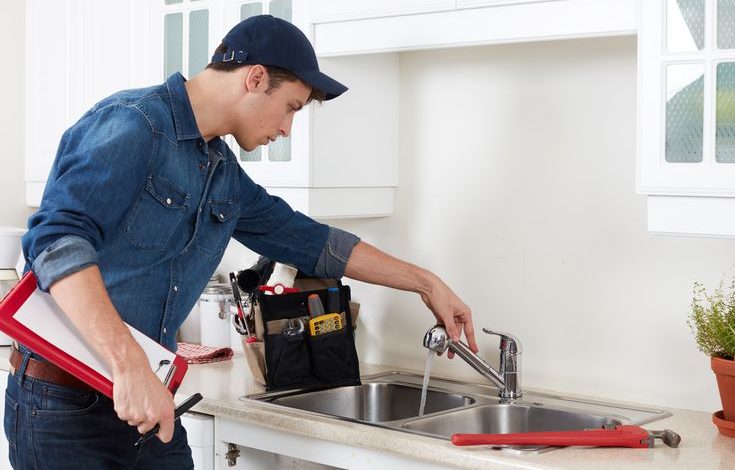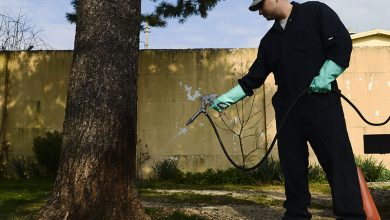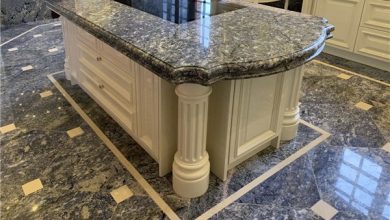How to Deal With Plumbing Emergency in Your Home

In case of a plumbing emergency in your home, you can use the tips given below to resolve it quickly. Read on to learn more about dealing with clogged drains, burst pipes, and leaky fixtures. Also, learn about the problems related to Electric and gas lines. These problems are common, but they can also be prevented. Listed below are some tips to take care of these problems.
Burst pipes
If you notice burst pipes in your home, it is essential to act quickly to reduce the damage and save your possessions. If possible, remove all valuables from the flooded room to make access more accessible for a plumber. You can also plug the leak with rags to prevent further damage to the walls or insulation. You can also place buckets nearby to catch the flowing water and towels to dry any puddles.
Some of the most common signs of a burst pipe are discolored or damp patches on the walls and floors. You can also notice wobbly tiles. In addition to discoloration, the water may produce a metallic smell. Burst pipes may also be sounding. Water sounds coming from the wall is another common sign. You might even hear noises on the floor or ceiling. If you notice these sounds, there is a good chance that the burst pipe has caused a burst.
Gas leaks
You need to act quickly if you suspect a gas leak in your home. If left undetected, gas leaks can cause health problems, including sickness and fatigue. These symptoms may require medical attention, which you should seek from a hospital emergency room. The smell of gas can also be dangerous, so you should turn off all the gas and open all the windows. In addition, you should call your utility company, which will most likely send a certified inspector to assess the situation.
If you notice that you’re smelling gas, evacuate the premises as quickly as possible. If possible, turn off any electrical appliances in the home, such as stoves and furnaces. Call your utility company immediately. In the meantime, do not attempt to locate the source of the leak, as this could ignite the gas and cause a fire. If you have any severe symptoms, call 911 immediately. It would help if you left all doors and windows open in the home and called emergency services.
Clogged drains
If you experience the backflow of wastewater from your sinks and toilets, you have a clogged drain or sewer line. Blocked drains can be a health hazard as they can back up sewage into your home. In addition, solid materials, such as soap, hair, and other foreign materials can clog pipes. If you notice that water is draining slowly or stagnant, it is time to call a plumber.
In addition to clogged drains, a slow drain can indicate a broader plumbing problem. Sometimes, a clogged drain can be solved with a plunger, but snaking might be necessary in other cases. Slow drains throughout the home can also be signs of significant clogs in the sewer lines. Once you know the cause of the problem, a plumber can assess the damage and determine the best course of action.
Electric or gas line issues
If you have noticed that your water heater, dishwasher, or other gas appliances have been making strange noises, check them. Even if you are not experiencing any discomfort, a malfunctioning gas line can cause significant damage to the device. It may even lead to premature appliance death. Regularly checking your home’s gas lines will ensure that your appliances work properly and won’t require any emergency replacement service.
If you notice a sudden spike in your gas bill, this may indicate a problem with your gas line. However, if you have been paying a gas bill for several months without experiencing a spike, you may want to contact a professional. An experienced technician can help you avoid any further danger. During the process, you can ask them to check for any other signs that may indicate the presence of gas lines in your home.
Mold growth
In a plumbing emergency, you must contact a professional plumber immediately. Mold growth is dangerous and spreads quickly. It can begin as a small black spot and eat away at the materials used to construct your pipes, leading them to break. This can be especially dangerous for older lines that are brittle. Additionally, mold can be harmful to your health if you breathe it in. Older adults and children with respiratory problems are particularly vulnerable to this danger.
One of the easiest ways to prevent mold growth in your home is to detect leaks immediately. Leaks are the number one cause of excessive mold growth. If you notice any of these leaking pipes, repair them immediately. You should also check behind your toilets and under sinks for signs of a leak. You should also be alerted to unexplained puddles of water, a smell of mold, and a higher-than-usual water bill.
High water bills
Plumbing emergencies like leaking fixtures can cause your water bill to be excessive. They can escalate to plumbing emergencies and generate a high water bill if you fail to address them promptly. In addition to leaky fixtures, undiagnosed water loss and faulty pipes can inflate your water bill. Thankfully, if you notice an unusually high account, you can call Bluefrog Plumbing + Drain for help. We have the expertise and experience needed to diagnose and fix any plumbing issues you may have adequately.
A leaking faucet or showerhead can result in a high water bill. Leaky faucets can waste over 3,000 gallons of water per year. The most common source of faucet leakage is a faulty washer located inside the handle. To identify the defective washer, shut off the water. This will usually reveal the source of the leak. Replace it immediately. If the washer is still leaking, you can call a plumber to fix it.





